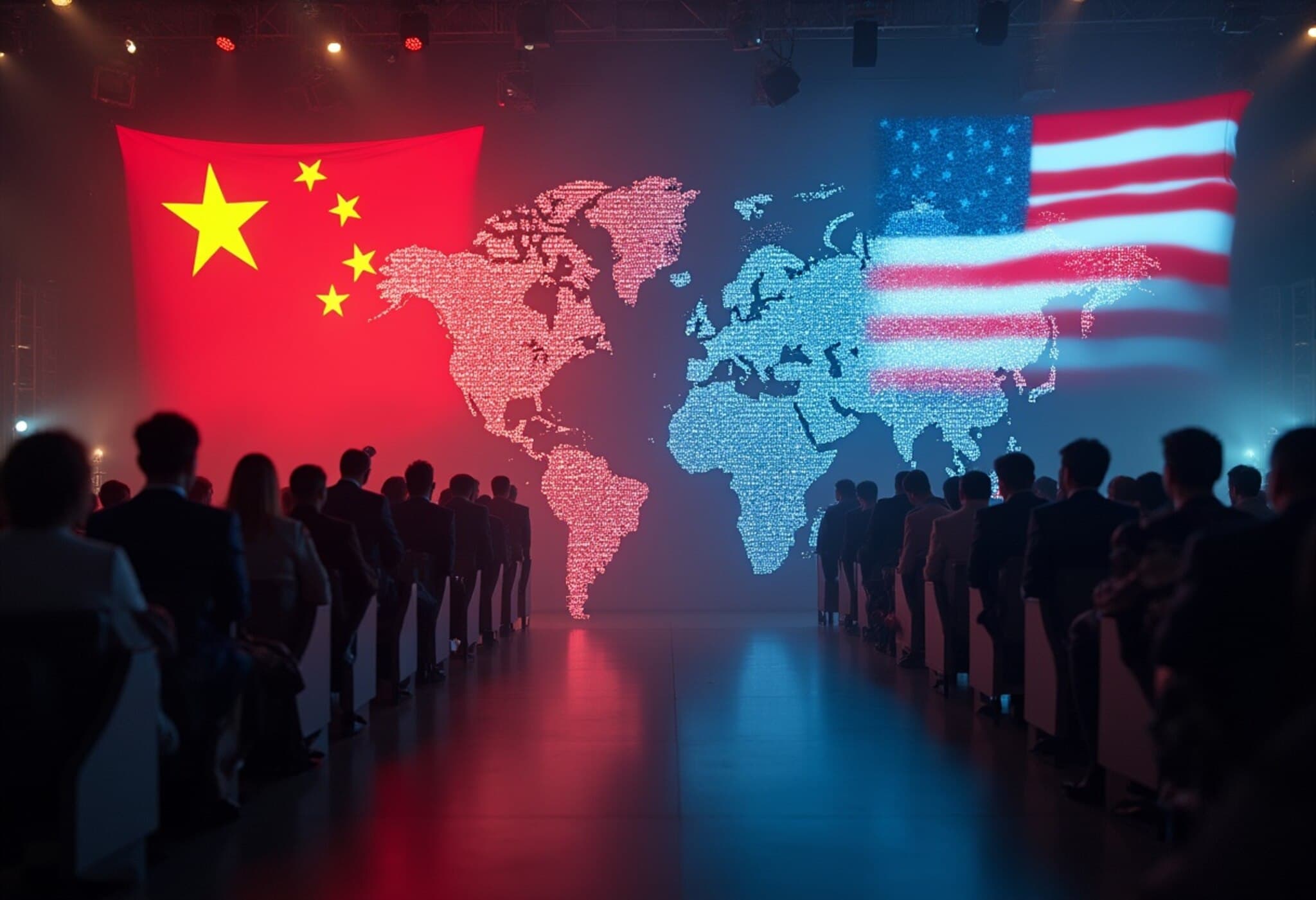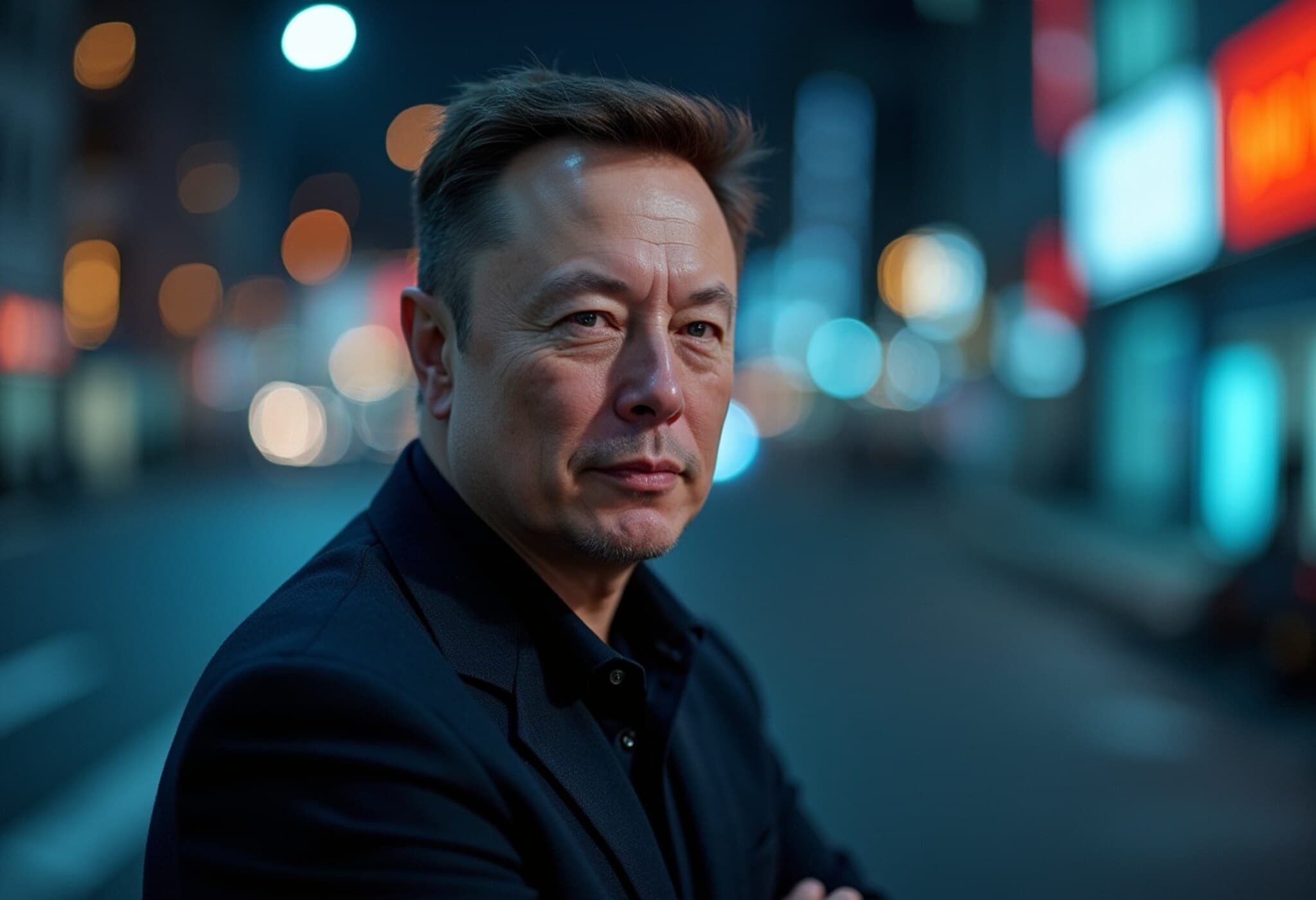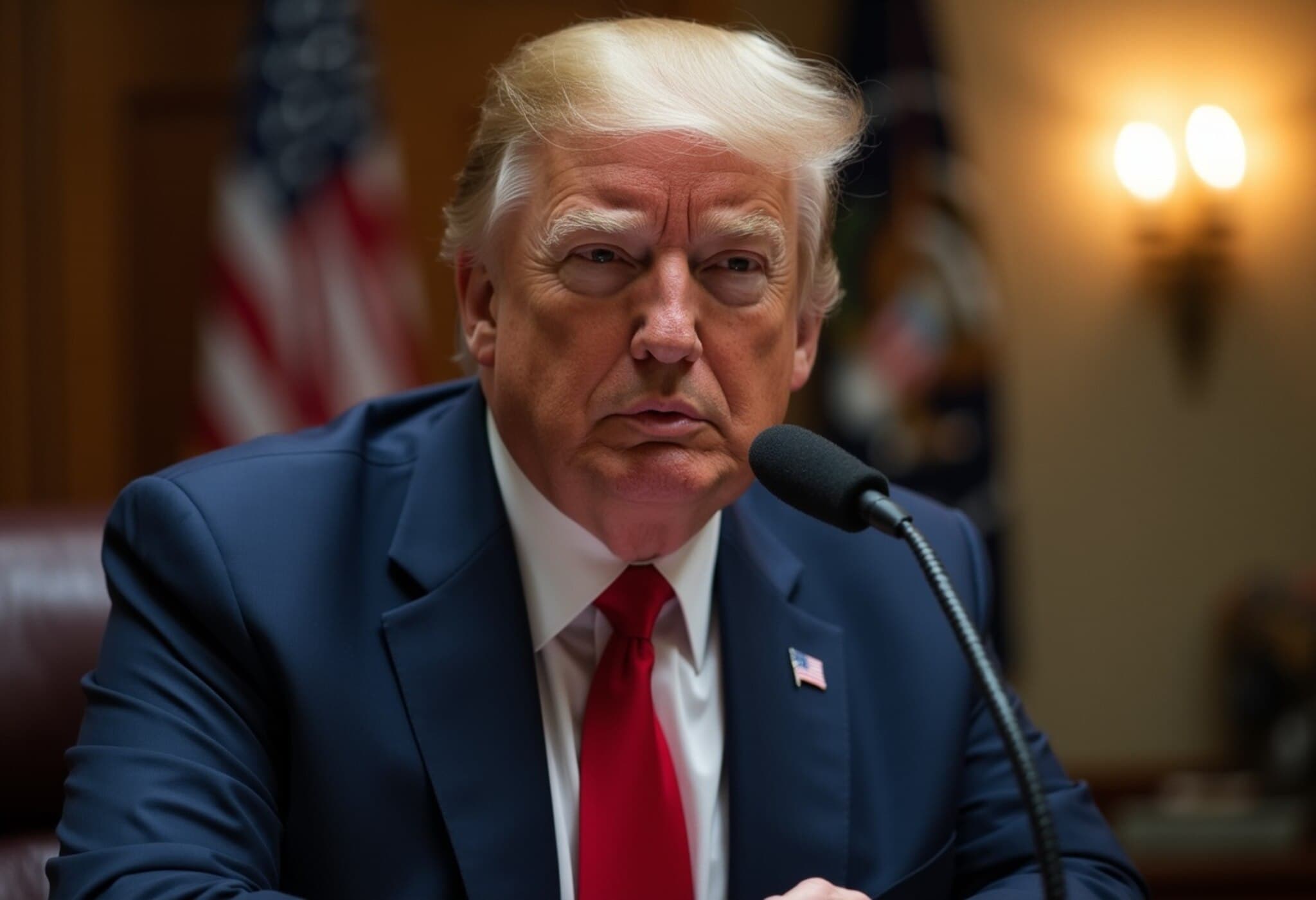Meta Taps OpenAI Pioneer Shengjia Zhao as Chief Scientist of New AI Lab
In a significant move to bolster its artificial intelligence ambitions, Meta Platforms Inc. has appointed Shengjia Zhao, a key co-creator of OpenAI's groundbreaking ChatGPT, as the chief scientist of its newly formed Meta Superintelligence Labs. Announced by CEO Mark Zuckerberg on July 25, 2025, Zhao will spearhead Meta’s research and development in next-generation AI models, directly collaborating with Zuckerberg and Meta’s Chief AI Officer, Alexandr Wang.
Building a Superintelligence Powerhouse
Zuckerberg’s announcement underscores the tech giant’s aggressive push into AI, following a recent $14 billion investment in Scale AI—a leader in AI training data and machine learning infrastructure. Meta Superintelligence Labs, founded in June 2025, is designed as a hub for top-tier AI talent focused on advancing foundational models like the open-source Llama family, as well as driving cutting-edge fundamental research.
According to Zuckerberg’s social media statement, Zhao “has been our lead scientist from day one” and co-founded the lab. Known for pioneering major breakthroughs such as innovative AI scaling paradigms, Zhao’s work has positioned him as a visionary within the AI community.
From OpenAI to Meta: An AI Luminary’s Journey
Before joining Meta, Shengjia Zhao was instrumental in developing OpenAI’s GPT-4 series, smaller efficient models like GPT-4.1 and o3, and led efforts around synthetic data generation—critical components underpinning today’s advanced natural language processing systems.
This appointment highlights a broader trend of talent migration within the AI sector, as industry leaders compete to attract the brightest minds capable of defining the field’s next chapter. Zhao’s expertise will be crucial as Meta ramps up its investment in AI compute infrastructure, which Zuckerberg has characterized as involving “hundreds of billions of dollars” over the coming years.
Strategic Vision Amidst an AI Arms Race
Meta’s formation of the Superintelligence Labs signals its intent not just to keep pace with rivals like OpenAI and Google DeepMind but to shape the future framework of AI itself. By assembling a team of elite researchers and forging collaborations at the highest levels, the company aims to threshold breakthroughs that could redefine AI capabilities and applications.
Alexandr Wang, formerly the CEO of Scale AI and now Meta’s chief AI officer, will partner closely with Zhao, aligning strategic priorities and optimizing AI product development pipelines. Their combined leadership reflects Meta’s holistic approach to navigate the technically complex and ethically debated terrain of superintelligent AI.
Contextualizing Meta’s AI Push in the Broader Tech Ecosystem
- Investment Scale: Meta’s multibillion-dollar funding spree in AI talent and infrastructure displays a stark commitment that rivals the scale of federal R&D programs.
- Open-Source Leadership: Driving progress with open-source models like Llama points to a more democratized AI landscape where innovation and collaboration intersect.
- Policy Implications: As Meta accelerates superintelligence research, regulatory scrutiny and ethical considerations around AI safety and societal impact intensify — areas that require ongoing expert oversight and public dialogue.
Looking Ahead: The Exciting Road for AI Innovation
In his remarks, Zuckerberg expressed palpable enthusiasm for what lies ahead: “The next few years are going to be very exciting!” This optimism captures the dual promise and challenge of superintelligent AI—ushering transformative benefits while posing complex technical and societal questions.
For American tech policy watchers and industry stakeholders, Meta’s strategic hires and investments represent a bellwether of where AI innovation hotspots are consolidating and how competitive dynamics are evolving globally.
Editor’s Note
Meta’s elevation of Shengjia Zhao to chief scientist at its Superintelligence Labs is more than just a marquee hiring—it is a deliberate signal toward building an AI research ecosystem capable of shaping the future. As this story unfolds, critical questions arise: How will Meta balance rapid technological advancement with responsible AI stewardship? To what extent will open-source models continue to democratize AI progress? And how might government and industry collaborate to ensure AI benefits society broadly?
Readers are encouraged to follow these developments closely, as the efforts spearheaded by Zhao and his team at Meta will likely influence AI trajectories worldwide.



















